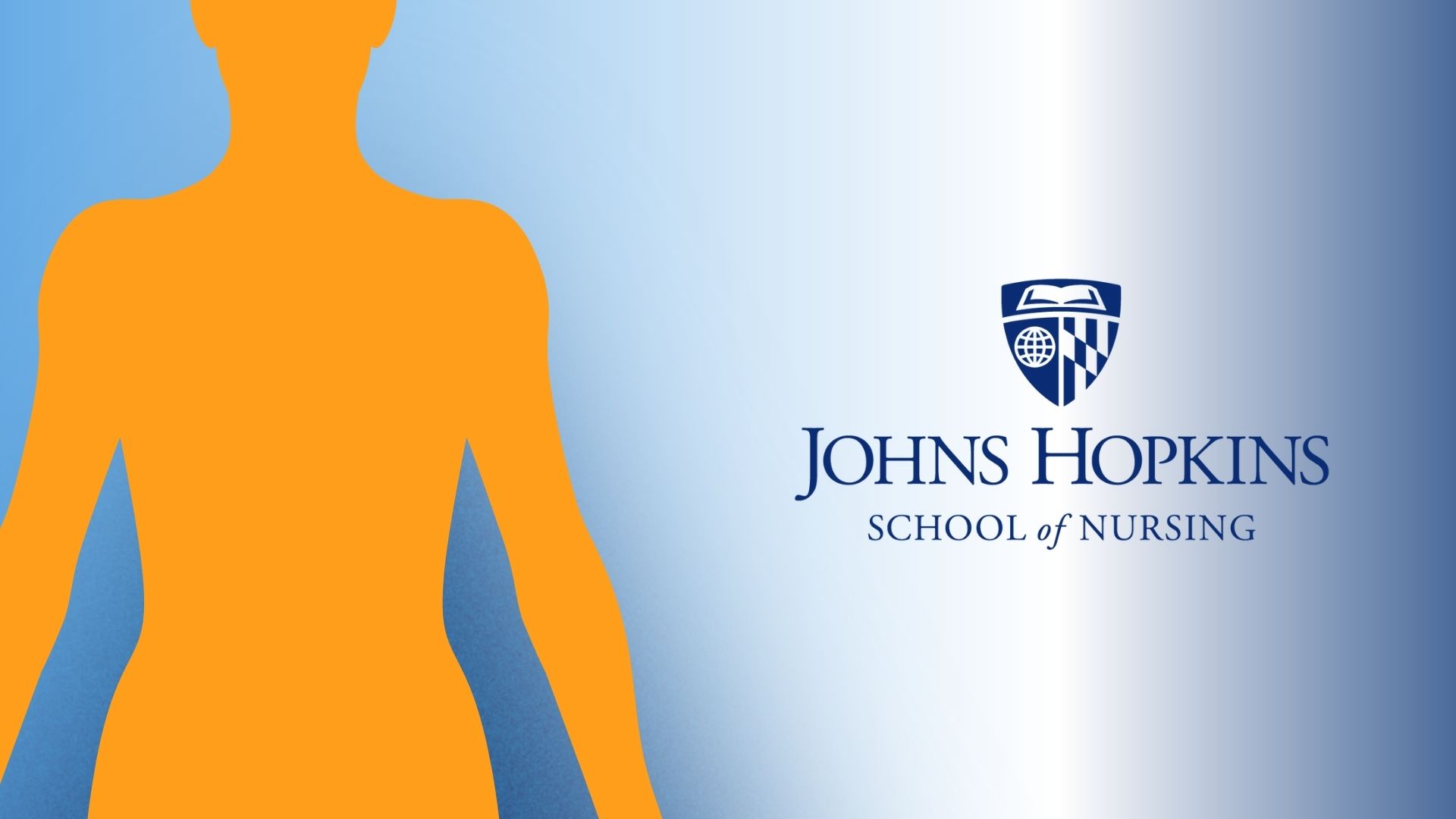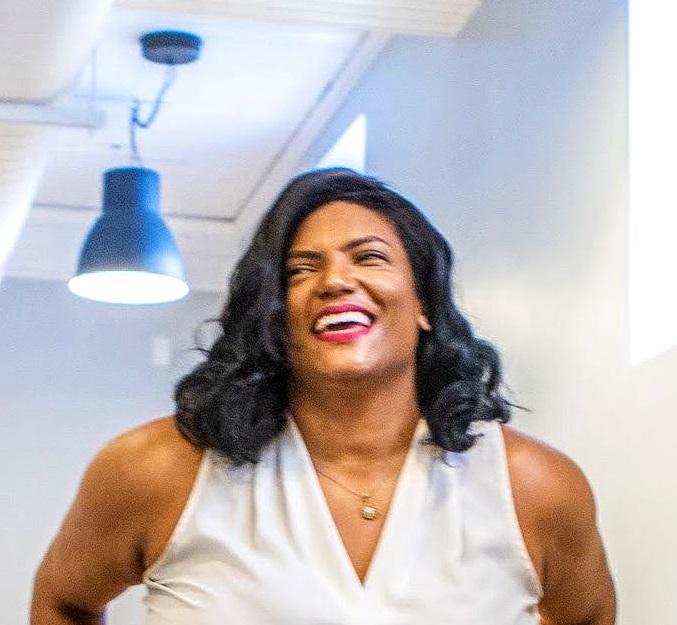“Understanding a person in the context of life circumstances, that is Nursing’s wheelhouse. Now is Nursing’s moment to step up.”
Sarah Szanton
Johns Hopkins School of Nursing—and all its impressive resources—is now in the CAPABLE hands of Sarah Szanton, PhD, ANP, FAAN. Recently installed as the fifth dean of our school, Szanton is an internationally recognized researcher and health equity advocate, known for leading with characteristic kindness and humility.
“Globally, we have reached a critical moment; it’s time to chart a new path forward,” she says.
The Anatomy of Sarah Szanton
The Anatomy of a Hopkins Nurse
If we dig into Dean Szanton’s anatomy, we will find deeply rooted the understanding that the world isn’t just unfair, it’s structured unfairly. Her focus is to work on factors that change the circumstances of people’s lives to make them more fair. One way to do this is through health.
Dean Szanton took a nontraditional path to nursing, first becoming a lobbyist to fight for reproductive health. Working on Capitol Hill she frequently encountered nurse practitioners advocating for their populations and decided to change careers. “As clinicians, nurse practitioners had the best of both worlds,” she says. “The autonomy and holistic nursing training.”
She earned her BSN and PhD in Nursing at Johns Hopkins School of Nursing, and has served on faculty since 2007. She became the Patricia M. Davidson Health Equity and Social Justice Endowed Professor in 2018, and is very close to the professor she is named for. “I watched Dean Davidson lead warmly and with great humanity and dignity, and these qualities of hers propelled the whole school,” says Szanton.
Dean Szanton is best known for co-developing the visionary CAPABLE program after years spent providing house calls predominantly to low income, African American older adults in West Baltimore. The program brings together a nurse, an occupational therapist and a handy worker to help low-income seniors safely age at home; it’s now implemented in 45 sites and 23 states, including rural areas. The program is housed in the Center for Innovative Care in Aging, which she leads.
Structural resilience
From a young age, Dean Szanton’s Quaker faith grounded her, emphasizing the value of equality; as a result, her eyes have been open to the everyday inequities of our world and she intentionally sought to challenge how inequity is built into our laws, policies, and norms. She dedicated herself to learning (earning her first bachelor’s in African American Studies at Harvard), addressing community health through hands-on clinical care (ranging from house calls to work with Healthcare for the Homeless), and ultimately building systems for structural resilience.
“What can we do collectively, beyond as individuals, to build structural resilience?”
Back in 2010 Dean Szanton and Dr. Jessica Gill (now a Bloomberg Distinguished Professor) wrote “Facilitating resilience using a society-to-cells framework: a theory of nursing essentials applied to research and practice,” for the Journal of Advanced Nursing. The idea is that structural racism and the inequities in our society can affect us from a societal level (our families, communities, social safety nets and more) down to our cells (our bodies’ cellular and physiological functioning), and so can structural resilience. So the article asked, “What can we do collectively, not as individuals, to build up structural resilience?”
Building resilience into policy, programs, and more led to the expansion of CAPABLE, to the development of the PROMOTE center and RESILIENCE RRTC, and as dean will champion structural resilience as policy.
A Vision for Nursing
The COVID-19 pandemic is a remarkable—and extremely challenging—time to be a nurse. The rollercoaster of this unprecedented time included mass chaos, distrust, the need for nurses (especially those in hospitals) to advocate for themselves, and a shaken worldview as the cracks in the social safety net were laid bare and the world gained a new understanding of structural racism. We are firmly in the “new normal” and:
The world sees nurses differently.
The world understands structural racism differently.
The world understands social determinants of health differently.
Nurses are trained to treat a whole person holistically, to provide care informed by the context of the patient’s life circumstances, which uniquely qualifies nurses to chart health care’s path forward. That’s why Dean Szanton’s vision is for nurses to provide care for people in their real lives, how they live. “It’s time to leverage our leadership and step up to change all of nursing, not just our school,” she says.
“It’s time to leverage our leadership and step up to change all of nursing, not just our school.”
Here’s what that shift looks like:
Aligning our pedagogy with accelerating industry trends to prepare our students—and our profession—for the future.
Acknowledging that four in 10 nurses do not work in hospitals; they work in schools, in outpatient clinics, in long term care facilities, in health departments and more.
Understanding that when a person undergoes surgery they’ll usually recover at home, and addressing the nursing shortage out in the community through prevention.
A Research Dean
Research and mentorship have been the most rewarding parts of Szanton’s career to date, and she plans to continue both as Dean. “Our priorities are adapting CAPABLE to include people with dementia and conducting funded research on measurement and policy prescriptions for structural racism,” she says. She never tires of hearing people she’s never met say CAPABLE changed their lives. “As a researcher, this is the most rewarding part.”
As a mentor, she especially enjoys working with people who are underrepresented in, or first generation in academia. So what’s the best part of mentoring? Her son Ezra described it in terms of a genie where you only get three wishes. But…
“Mentoring is like you get more wishes.”


